Nikita’s partner stabbed her 35 times, an ambush as she slept, before calling the police to turn himself in in the early hours of Jan. 9, 2015.
Tarang Chawla remembers there was a breaking news story “within hours” of his sister’s death.
“At that stage I didn’t even believe it, I was still in shock and it was a bit of a blur,” Chawla told BuzzFeed News. “She was killed on a Friday, and people were ringing non-stop all weekend.”
He didn’t know whether to answer the phone. Was it a relative calling from overseas, or another journalist trying again on a private number?
The police told Chawla it was up to him how much he wanted to engage with reporters, who were by now texting him photos of his sister asking him to confirm she was the victim. Chawla confirmed to journalists the victim was his 23-year-old sister, and said his family wasn’t ready to talk to the media.
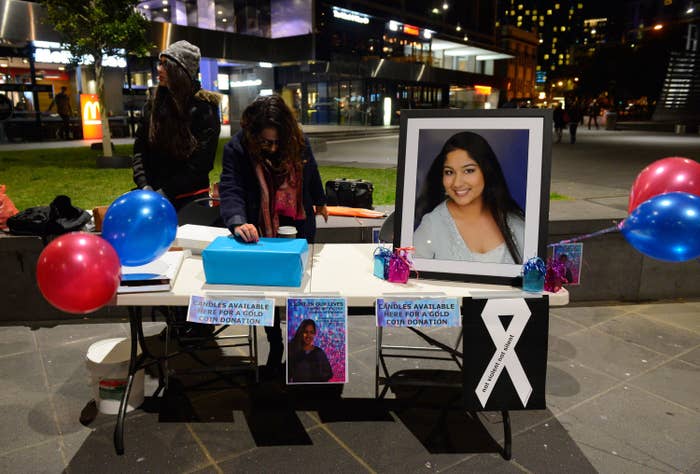
“But then what we saw was a lot of the reporting ventured into those victim-blaming narratives without really confirming or checking anything,” he said.
Headlines described Nikita’s killer, Parminder Singh, who was sentenced to 22 years in prison in 2015, as “jealous”. Stories repeated that Nikita met with a work colleague in the days before she was killed.
“[The media] focused on the fact that she was planning on leaving the relationship with her abuser,” Chawla said. “[The coverage] was saying, in really subtle ways, that she was, through her own choices, responsible in some capacity for another man’s conscious choice to end her life.
“I think reporters have this learned tendency to put the woman’s actions front and centre and it doesn’t do a victim’s family any favours.”
There were suggestions her murder had been an honour killing — a homicide of someone thought to have brought dishonour on a family. Chawla said when women “of South Asian origin” are murdered in Australia, the media often downplays the inherent misogyny present in Australian society, and instead acts as though the responsibility lies with other cultures.
The coverage continued months after Nikita’s death with stories about her body image that Chawla described as “simply unnecessary” and “completely devoid of any relevance”.
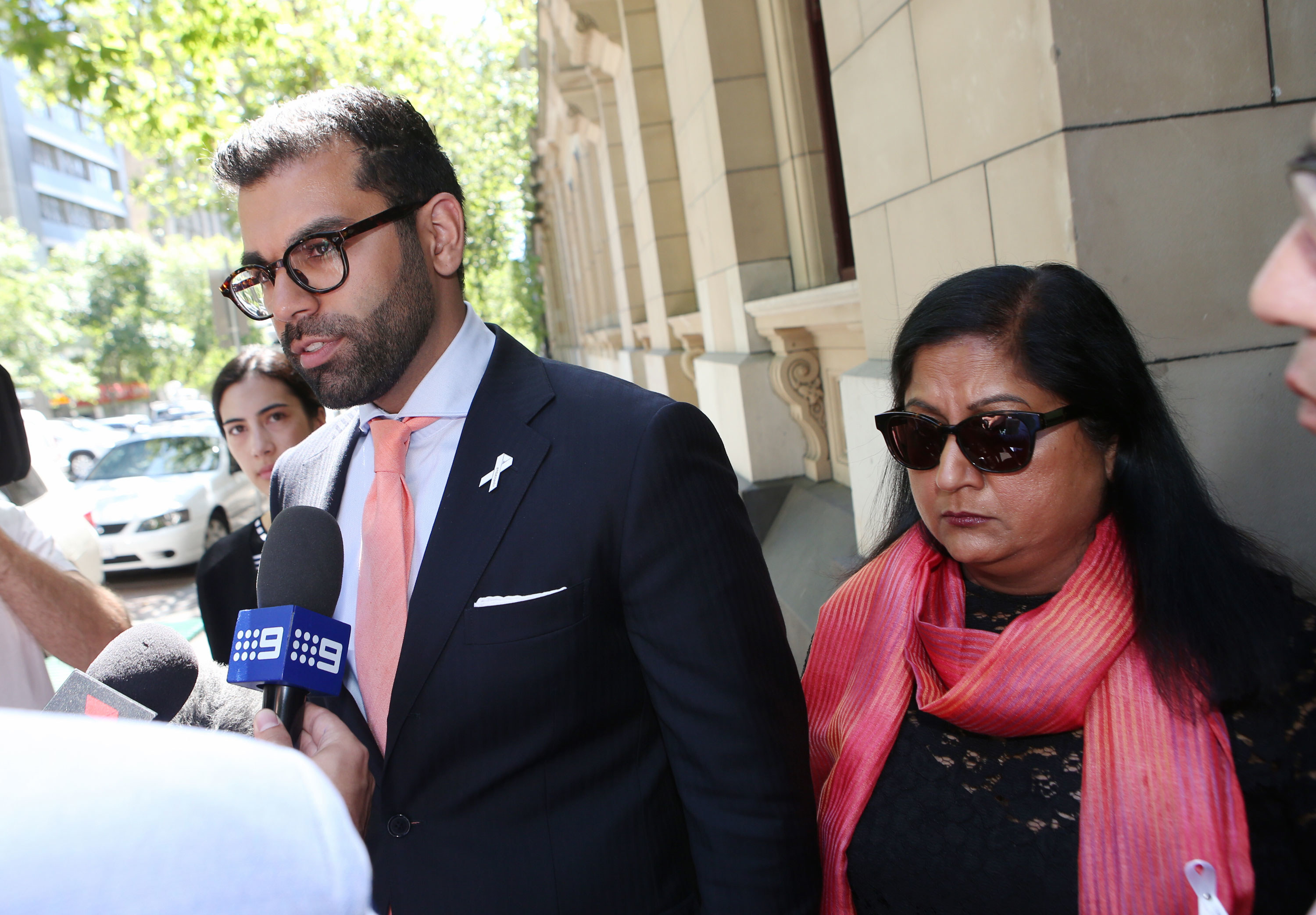
“As a brother that hurt me,” he added, saying his sister had experienced “a lot of pain in her lifetime” facing the “internal pressures of a patriarchal society” about the way she should look.
“She had no right of reply and she’s already died in violent circumstances,” he said. “I would hope [journalists] would think about what is actually relevant and what is actually going to further the story as opposed to what salacious detail can we put out about their lives and trivialise this.”
Chawla, who was consulted for the Our Watch guidelines on gendered violence, said his family had a positive experience with the media when a reporter from The Age sat down with his family for a few hours. The story told of how Nikita ran her own Bollywood dance studio and had been in her final year studying for a Bachelor of Performing Arts at Monash University.
“It felt very genuine and heartfelt when she met with us, and the story focused not just on the facts and details, which given the nature in which she died were gruesome, but struck a balance of an account of who Niki was in her life and it gave readers a window into the humanity of the person who was lost,” he said. “At the time the story had, and continues to have, a profound impact on me.”
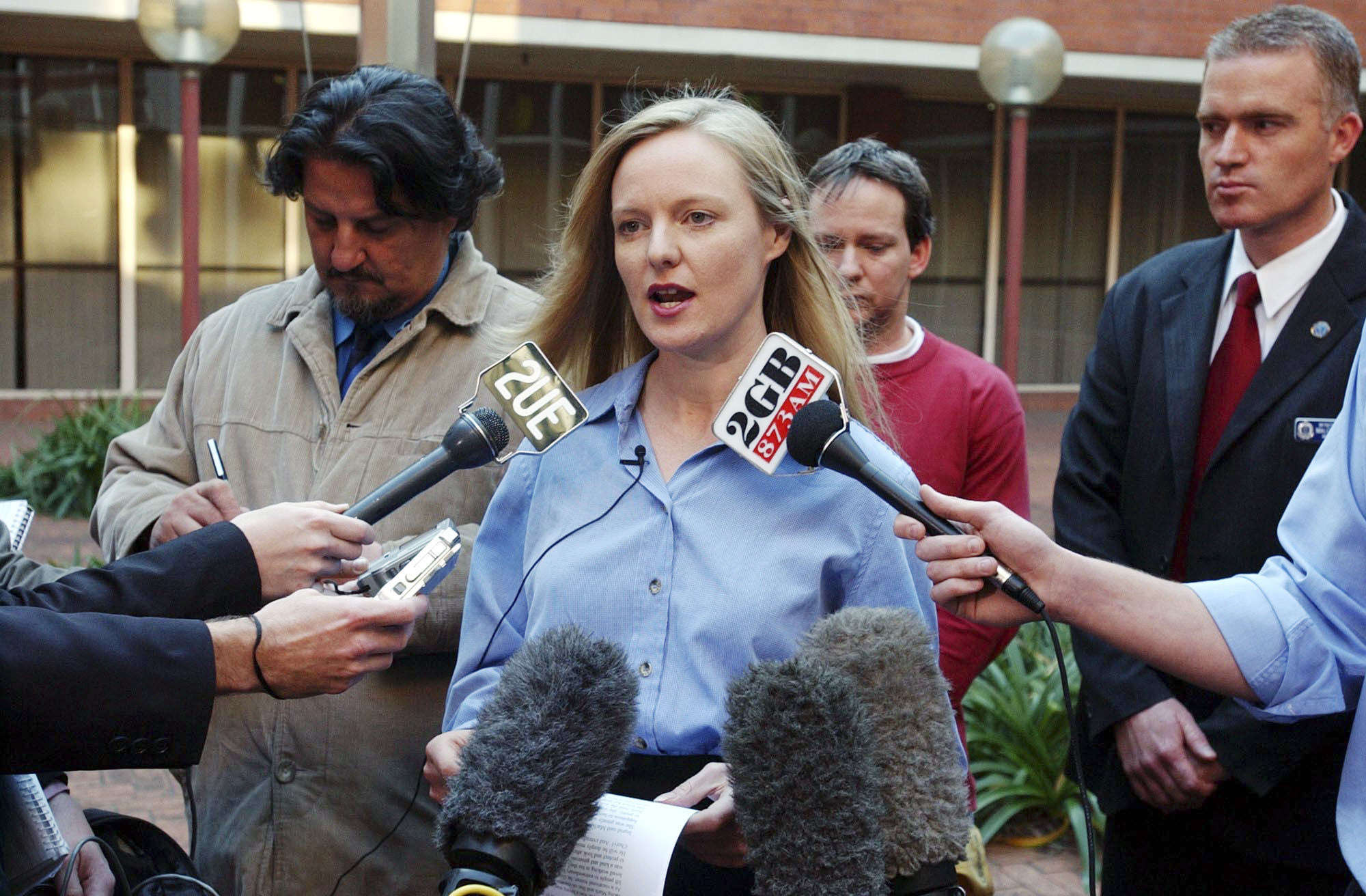
On Rebecca Poulson’s 33rd birthday, her father Peter, niece Marli and nephew Bas were murdered by her sister Ingrid’s estranged husband Neung Kongsom after he breached an apprehended violence order.
“The first [media coverage] I remember seeing was — before I could get to the TV to turn it off — a flyover of the crime scene and the bodies covered in blankets,” Poulson, now 49, told BuzzFeed News. “It was pretty brutal to see that.”
The media called her home phone “relentlessly”, there were photographers hiding in cars outside her property, and some current affairs programs sent staff to her door bearing condolence gifts.
“We had certain shows coming to the door and they would arrive with flowers so you’d think it was a flower delivery and then there’s a foot in the door saying ‘I’d like to talk to you’,” Poulson said. “It was overwhelming.”
The media seemed “particularly fixated” on her, Poulson said: “I think at that time I was young and blonde.”
Poulson said the police told her: “The best thing you can do is speak to the media.”
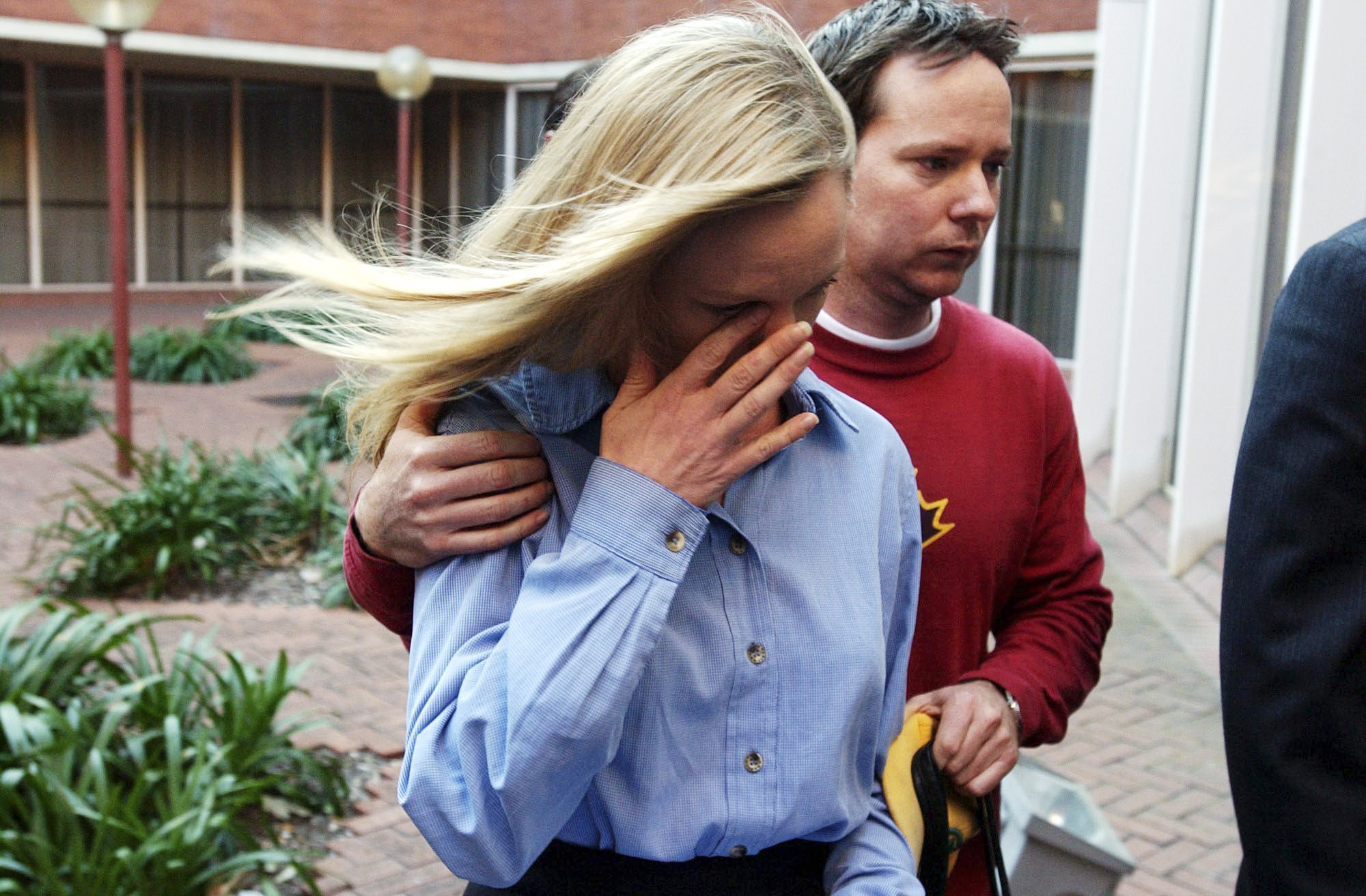
“People were desperate to hear about what happened and part of my brain could acknowledge that at the time,” she said.
It was important for Poulson to get the facts straight because some of the first stories to appear had incorrect details, including her dad’s age.
“When you’ve lost someone and they mean so much to you, you want their name to be right, you want their age to be right,” she said. “One newspaper reported my dad only had one child (Ingrid), so I was just left off and so was my brother who had passed away before then.”
So in September 2003, still reeling from the death of her loved ones, Poulson put out a media release with pictures of her family and held a press conference.
“I said ‘This is my father, this is his age, this is my nephew, this is his age’.”
There was a ground rule: reporters weren’t to ask questions.
“It was actually quite well done and [the reporters] were pretty respectful,” she said, adding that the media then attended the funeral.
“They loitered toward the back and used long lenses,” she said. “I think people in the extended family felt quite offended but I thought ‘Of course they want to know the story and report on this’.”
Nonetheless some of the tabloid stories upset Poulson. Her father Peter was killed by Kongsom while he was trying to protect his grandchildren.
“There was a headline like ‘Two dads fight to their death’ which pitched my dad and the murderer as equal, and as though they had the same intention, and that wording was really off to me,” Poulson said. “[Reporters] were also so desperate to get to us that they ended up speaking to someone who hardly knew us and they said nice things but it was just insincere and unethical.”
Poulson said she still gets asked “inappropriate” questions, even by media personalities she had assumed were “trustworthy”.
“There were also people who just hadn’t prepared themselves for the interview,” she said. “I wasn’t offended, I was more hurt by some of the questions.”
The coverage has grown more balanced in the years since her family members were murdered, Poulson believes.
“The positive is having the people you love immortalised and you want people to hear about them because they were amazing people that you love,” she said. “I didn’t want them forgotten, particularly little Bas, who wasn’t talking yet as he was only a year old.”
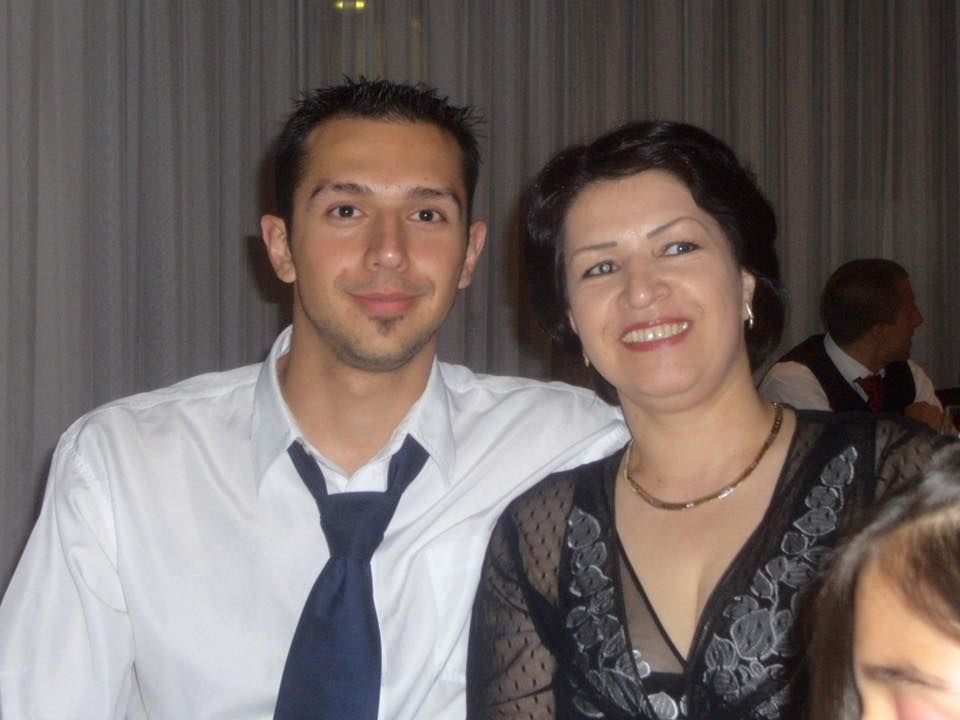
Arman Abrahimzadeh’s mother Zahra was murdered by his father late at night on March 21, 2010, so the story didn’t make the next day’s newspapers.
“But the following day when the paper was published there was a reference to my dad being a religious leader, which wasn’t true at all,” Abrahimzadeh told BuzzFeed News. “We have never been a religious family so it wasn’t confirmed by anyone, it was just hearsay.”
Abrahimzadeh’s estranged father Ziaollah stabbed his mother to death in front of 300 people at a Persian community event in Adelaide. A few days before he had successfully altered a restraining order so he could legally attend the event.
“Someone sent me a photo of an article that referred to the incident as ‘Murder on the Dancefloor’, referencing the Sophie Ellis-Bextor song,” he said. “I know they do it because it is catchy and it is a play on words but I didn’t appreciate it.”
Other publications speculated that the marriage must have been arranged as the couple had migrated from Iran.
A year after his mother’s death, Abrahimzadeh and his two sisters approached the local newspaper to see if they would write a piece celebrating her life.
“The way everything took place and the funeral and everything, we were all in shock and didn’t get a chance to say goodbye and celebrate mum’s life,” he said. “The journo was very nice and understanding.”
The family worked with the reporter for a month on a story. But it never ran.
“After all that running around we got a phone call from the journo who was disappointed and said ‘my editor got some legal advice’,” Abrahimzadeh said. “We said ‘we’re not referring to the perpetrator we just want to say that we are here to celebrate her life’.”
Back in 2010 it was routine in the Family Court for self-represented perpetrators to cross-examine others involved in their case. After being subjected to questioning from his father, Abrahimzadeh sought media attention on what he viewed as a serious issue. But again, no stories eventuated.
“I flagged it with a couple of journalists because I noticed the gap in the system and I felt that shouldn’t be the case,” he said. “They told me that no-one really reports on the Family Court.” The law has since changed so people convicted, or charged, with offences involving family violence cannot personally cross-examine the individuals who have raised the allegations in the Federal Family Court.
Abrahimzadeh said reporters were respectful and balanced during his father’s murder trial.
“They didn’t pressure me to say anything and I found it was a positive experience from my side,” he said. “I think we were blessed with very professional and sensitive journalists at the trial.”
When members of his father’s extended family told a journalist his father was “provoked” into violence and should have instead been convicted of manslaughter, Abrahimzadeh said he explained to the journalist: “The way we provoked him is we fled the family home.”
“[Journalists] try to take the entire picture into consideration because there’s the victim’s family’s perspective, the perpetrator’s perspective, the legal perspective and they have to bring it all together,” he said. “They have to be fair and take everyone’s opinions into account and when they put it all together, the story and the incidents and the facts speak for themselves.”
In 2015 Abrahimzadeh and his sisters launched the Zahra Foundation to provide assistance to South Australian women and children experiencing domestic and family violence and he said the press coverage was “very professional and understanding”.
As well as launching the foundation, Abrahimzadeh found writing columns for news outlets, particularly on days acknowledging gendered violence, an important part of his healing.
“Wherever possible, [media outlets] have given me that platform and have helped me spread my message,” he said. ●
For help or information on domestic violence, visit 1800RESPECT or call them on 1800 737 732. The Men’s Referral Service is aimed at men who need help to stop violent or controlling behaviour, but it also supports victims and families. You can call on 1300 766 491.
